Article not found
This article is no longer available. But don't worry—we've gathered other articles that discuss the same topic.
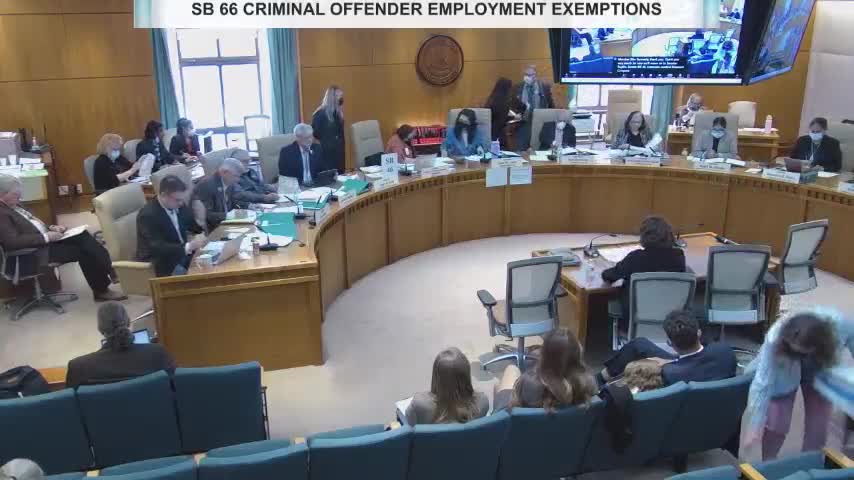
Committee advances Interstate Medical Licensure Compact after amendment on commission immunity and disciplinary reinstatement
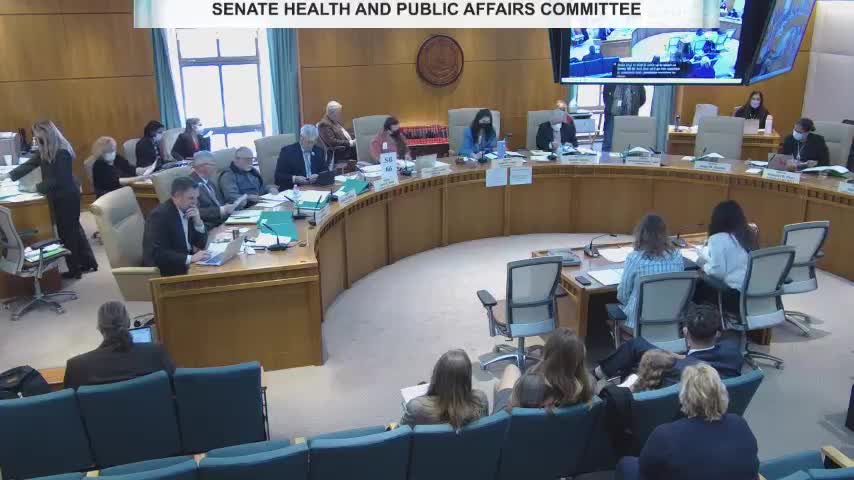
Senate committee advances bill letting child-care agencies consider some misdemeanors in caregiver background checks

Senate panel endorses pilot conditional cash transfer for pregnant families tied to prenatal care and home visiting
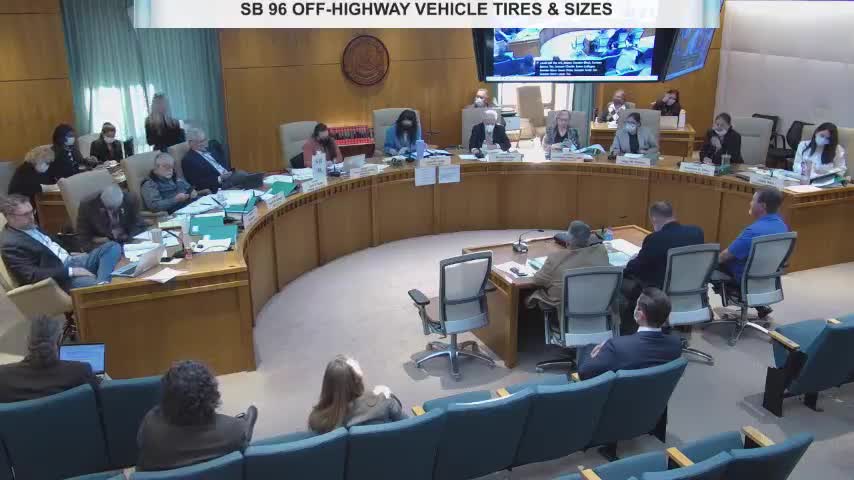
Committee advances $19.7M request to rebase nursing‑facility Medicaid rates, sponsor says rebasing long overdue
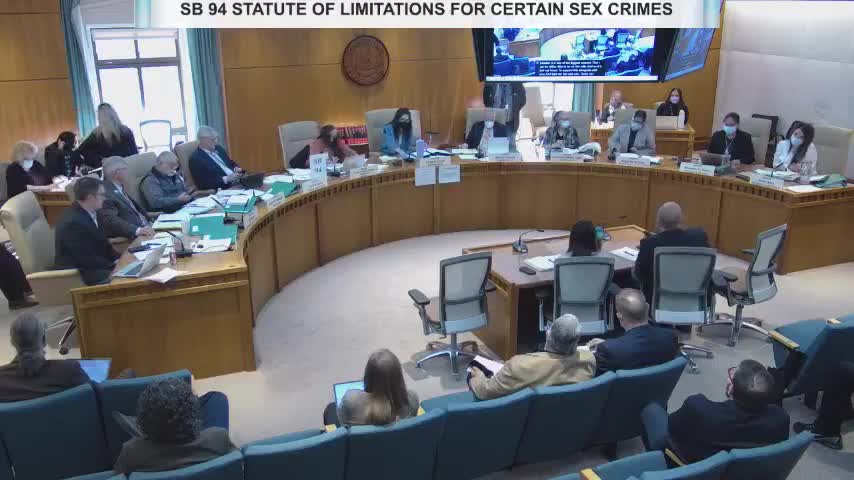
Committee updates off‑highway vehicle definitions to accommodate modern and electric designs
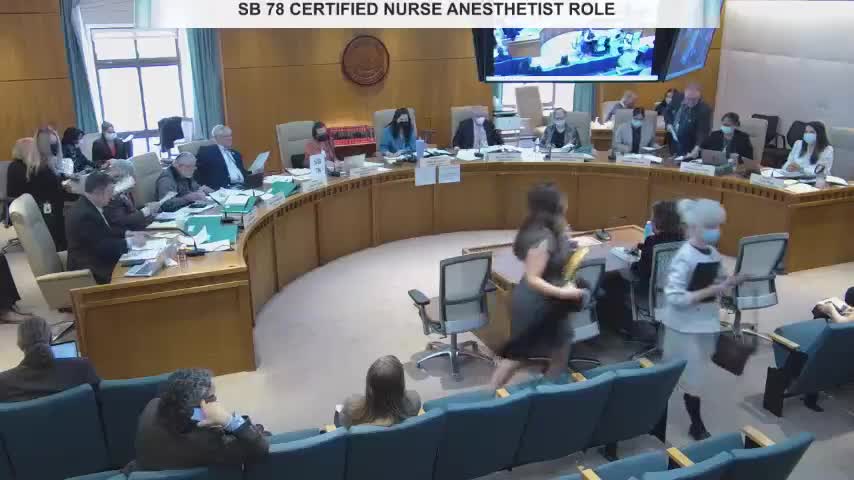
Committee backs $10M fund to help state agencies and communities access climate, resilience grants

